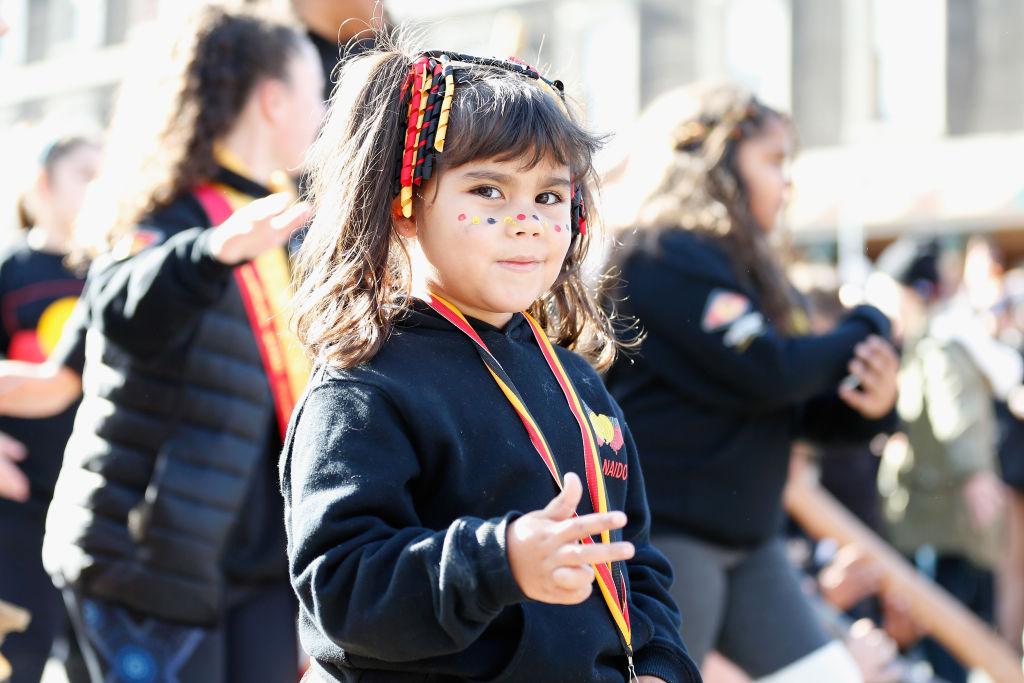Indigenous children will be eligible for an additional 36 hours of subsidised child care a fortnight under new government reforms announced by the Australian government.
As part of the federal government Plan for Cheaper Child Care, the program provides Indigenous children 12 additional hours on top the current allocation of 24 hours a fortnight, which the government estimates will benefit around 6,600 First Nations families.




